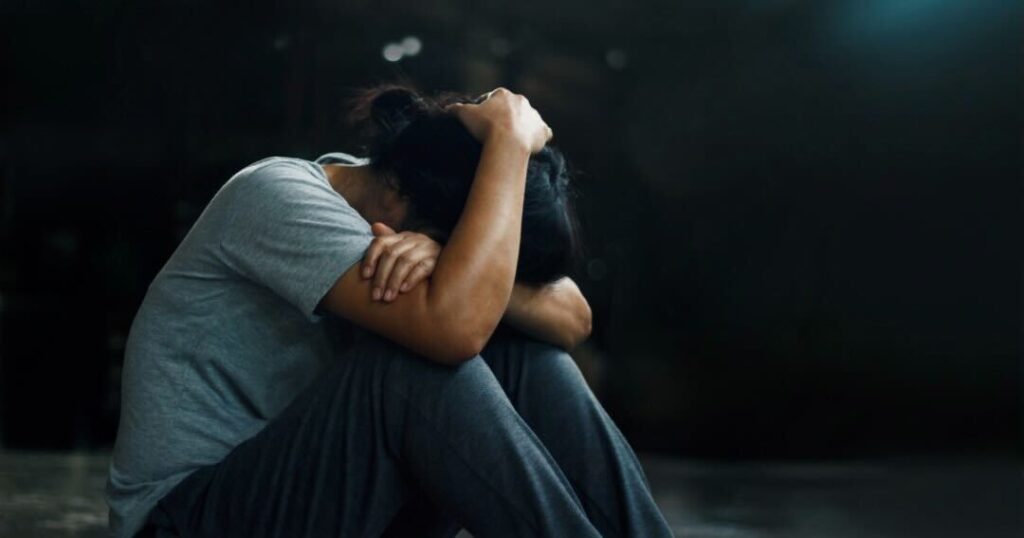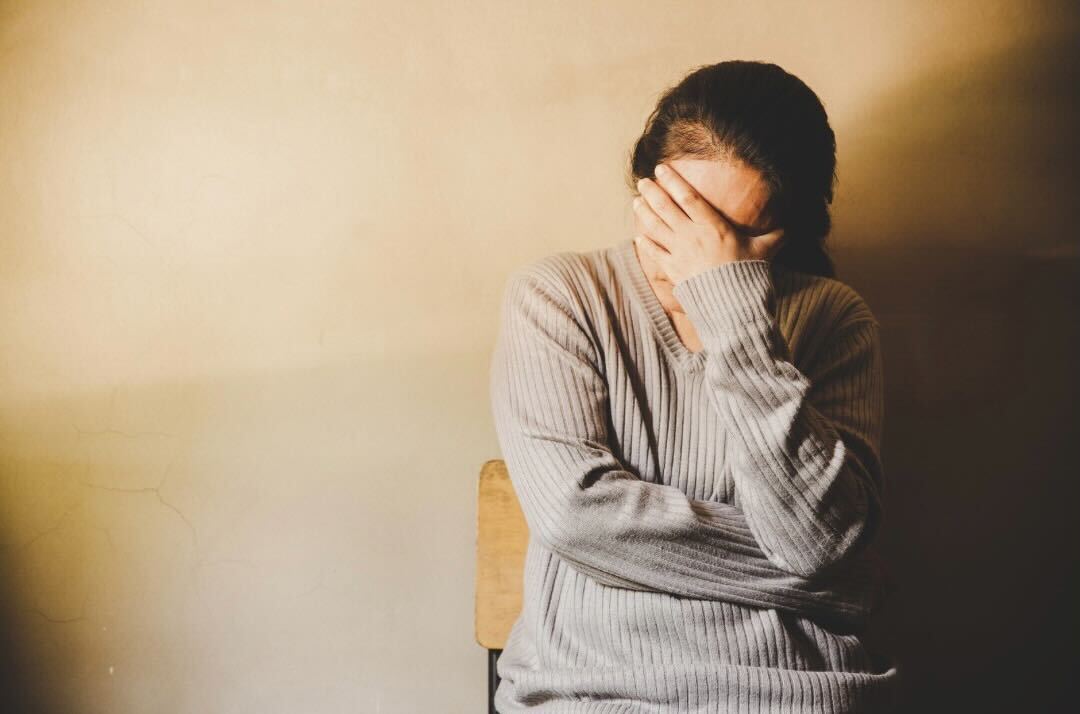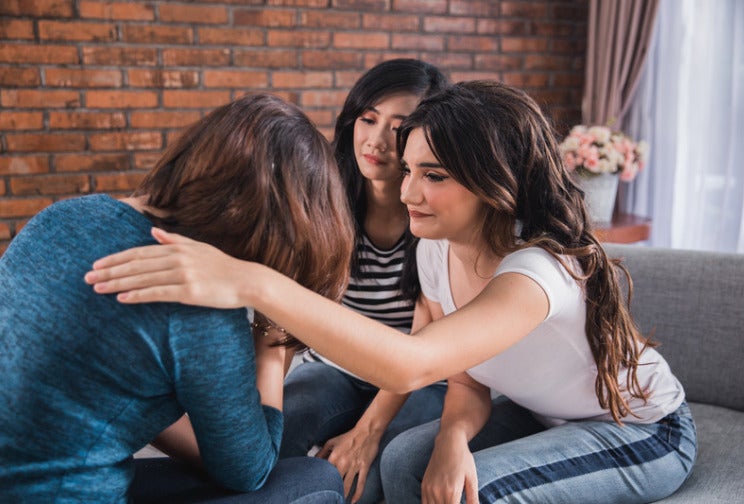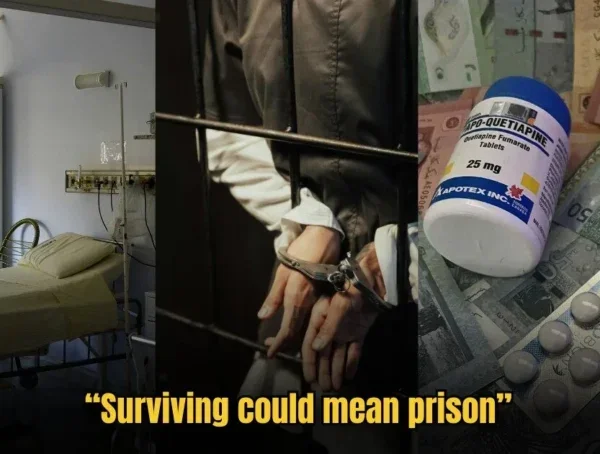Disclaimer: In Real Life is a platform for everyday people to share their experiences and voices. All articles are personal stories and do not necessarily echo In Real Life’s sentiments.
Subscribe to our Telegram for updates.
Have you ever felt like some families have a curse placed over them, dooming them to repeat the cycle of abuse or toxic relationships?
This “family curse” is really due to a phenomenon described in psychology as intergenerational trauma.
Intergenerational trauma is what happens when trauma cycles down generations in families, causing negative effects.
For example, if a person grew up in a household where their parents or grandparents yelled and shouted in anger, it could be a result of unresolved trauma and pain from their own upbringing.
This behaviour might have been a survival mechanism or learned from their own parents who didn’t have the resources or support to communicate in a more loving way.
The impact of this trauma can lead to descendants also yelling or screaming at their own children as a result of this ongoing cycle.
We interviewed Marina and Devan, two Malaysians who have experienced negative effects from intergenerational trauma, to explain what it’s like and how to overcome it.
1. Physical Abuse — “It was the only way my father knew how to show his love.”

Marina is a 30 year old who has been in and out of therapy for years.
“My father was extremely physically abusive – but that was all he ever knew how to be. His father was the same,” she shared.
Her grandfather, a military man, had cried after the birth of his first grandchild when he realised that he could have raised his children with love instead of blows.
“It was just the way things were back then. Spare the rod; spoil the child,” she commented.
The saying refers to how if you “spare” (don’t use) the “rod” (cane / rotan), your child will end up spoiled, or with behavioural problems.
“It was toxic, though.”
Her father himself was physically abused by his father until his early 20s. By then, he was old and strong enough to threaten his father if the older man ever laid hands on him again – so the beatings stopped.
“My grandfather genuinely believed he was showing his love by beating my father,” Marina shared.
When Marina’s father raised her, he decided to do it without using beatings as punishment.
Her grandfather, a military man, had cried after seeing the way his son parented his grandchild. That’s when he realised that he could have raised his children with love instead of blows.
2. Emotional manipulation — “It was the only way my mother knew how to give us affection.”

As for her mother, Marina said that it was very normal for South-East Asian mothers to emotionally blackmail their family members.
“My mother often induces guilt in us, like if I don’t do this random request she asks, I’m not a good enough child or daughter to her when she has done so much for me,” she said.
“You know that meme about how mothers will be banging around the kitchen spitefully shouting that they don’t need help when they clearly do?” she asked.
Of course, mothers could be physically abusive as well, but in her personal experience and that of her friends, emotional blackmail was the weapon of choice.
It was only when Marina went to therapy for anxiety and depression that the therapist uncovered old wounds.
“My mother often induced guilt in us, like if I don’t do this random request she asks, I’m not a good enough child or daughter to her when she has done so much for me,” she said.
The therapist informed Marina that these wounds could be caused by intergenerational trauma in her family.
3. Crocodile tears — “My mom would cry when I try to bring up how she hurt me.”

For Devan, a man in his late twenties who still lives with his mother, it’s hard to talk about his depression or anxiety with his family.
“I can’t even tell my mother when something she says or does is triggering because then she’ll make it all about herself,” he shared.
Her mother was keen on gaslighting as well, he said, pointing to how toxic cycles have affected his family down to his generation.
“I feel like for parents of that generation, they don’t know any other way to parent than what their parents did to them,” he said.
4. Yelling and Crying — “My father would get angry at us and then cry in his room”

Devan is particularly aware that his late father was influenced by toxic masculinity.
“It wasn’t, and still isn’t, socially acceptable for men to cry so I guess it was easier for him to get angry about things and then later cry alone in his room,” he mused.
In fact, this issue affected him especially as he has identified the same habit in himself.
“So you can see how, if you’re not careful, you may end up becoming your parents,” he said.
Some of the issues are what he’s working through in therapy now, though he does feel that it’s unfair how he has inherited all of these toxic familial tendencies.
“Regardless of my background, it’s my responsibility to heal my inner child and become a better person for the community around me,” he added.
How can I recognise intergenerational trauma in myself?

Intergenerational trauma is deep seated. Sometimes, its symptoms are mistaken for many other more obvious mental health conditions. It can look like:
- Anxiety
- Depression
- Poor sleeping habits
- Substance abuse
- Difficulty in maintaining relationships
If you have a penchant for drinking or doing drugs, if you have an addictive personality, or if you have low self esteem, It’s easy to mistake any of these as being just a personality flaw.
But if Marina’s and Devan’s resonate with you, it might be worth digging a little deeper to see if your issues are actually symptoms of intergenerational trauma.
What should I do if I have experienced intergenerational trauma?

If you’re experiencing intergenerational trauma, here are some steps you can take to break the cycle:
- Identify the ways in which you have been impacted
Identify and challenge negative beliefs and patterns of behaviour that have been passed down through generations in your family’s cultural and historical background.
- Discard harmful coping mechanisms
Discard any harmful coping mechanisms you no longer need, such as binge eating, substance abuse, or getting angry with others.
- Prioritise self care and positive coping mechanisms
Get enough sleep, eat well, exercise regularly, engage in your favourite hobbies, and practice positive reinforcement especially when you’re feeling down. Develop healthy coping mechanisms, such as meditation, exercise, or creative outlets.
- Speak to a professional therapist
You may find your road to recovery with professional help. There’s no shame in talking to a licensed therapist who can guide you with frameworks to resolve your past trauma.
- Have a support system of non-judgemental friends
Connect with other people who have experienced intergenerational trauma to share your experiences and find support. Have a bunch of close friends who listen to you without judgement.
The stigma on mental health in Malaysia should be replaced with open-mindedness
Because mental health and mental illnesses are still stigmatised today in Malaysia, it’s a conversation that many are still unwilling to have.
However, if you have dealt with symptoms of intergenerational trauma through the years, it is possible to break out of the cycle.
You have the power to change yourself and lead a healthier and more peaceful life.
What seems like a family curse or “that’s just the way it is” could really be due to people not knowing any differently – but with knowledge comes the power to change.
At the end of our conversation, Marina quietly confessed the thought that keeps her going.
“I tell myself to remember: if I am willing to put the work in, the cycle can end with me.”
Do you have a personal story about intergeneration trauma? Email us at ym.efillaerni@olleh
For more stories like this, read: https://inreallife.my/volunteering-at-the-old-folks-home-they-just-want-someone-to-talk-to-as-they-go-through-the-last-phase-of-their-life/
More from Real Mental Health
“I Was Scared of Waking Up in Handcuffs,” shares Depressed M’sian on Repealed Law
In 2023, Malaysia repealed Section 309, a colonial-era law that made suicide attempts a crime. The change marked a shift …
‘Everyone Saw A Successful Student While I Was Crumbling,’ Shares 22 Year Old Student
This is a story of a 22 year old woman who shared her story as a Straight A’s student as …
5 Harmful Mental Health Myths Malaysians Still Believe
Let’s break down five of the most common myths Malaysians still believe, and why it’s time to let them go.















